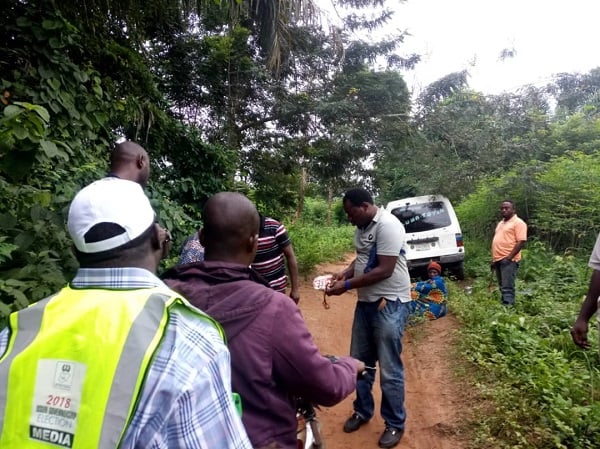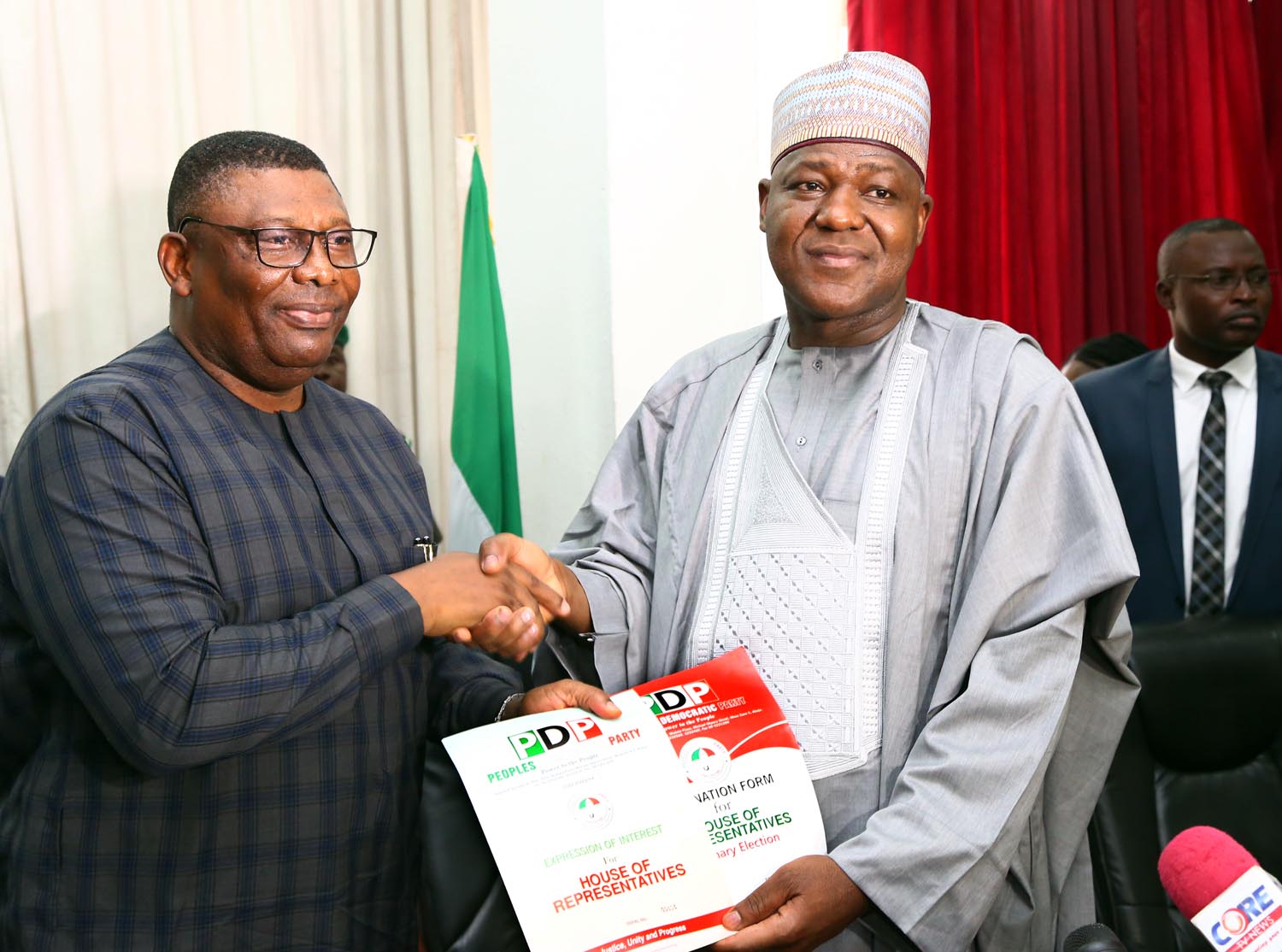BY JUDE SOTIRI
Sustainable job creation is a 21st century challenge across the world, but more pressing in Africa. The continent saw widespread economic growth in the period between 2000 and 2015 due to macroeconomic reforms and strong commodity prices. However, weak commodity prices have affected economic growth, worsening what was already a very bad situation.
In Nigeria, the unemployment issue is particularly worrisome. Unemployment rose from 11.92 million in the first quarter of 2017 to 13.58 million and 15.99 million in the second and third quarters of 2017 respectively. Sights and sounds of young Nigerians taking the perilous path to greener pastures through the harrowing desert of the Sahara infected our sensibilities. With these jobs statistics (particularly how they have affected the youth) it is not difficult to see why this is the case.
This is why Lagos State Government’s approach to job creation through the Lagos State Employment Trust Fund (LSETF), provides a useful template for us to have a robust discussion on how States can approach job creation. The Fund, established by The Lagos State Employment Trust Fund Law 2016, is to provide financial support to residents of Lagos State to tackle unemployment through job and wealth creation. It was created with an initial capital of N25billion contributed over four years by the Lagos State Government, but is expected to raise additional funding from various sources including donor partners, development agencies, corporate organizations and individuals. The Fund’s model is in three programmes, the MSME Loan programme, the Lagos Innovates Programme and the Lagos State Employability Support Project.
Advertisement
Since inception, the Fund has provided capital for 8,000 businesses to the tune of about N6billion. In the process, it has created 25,000 jobs and thousands of indirect jobs. By the end of 2018, the Fund would have provided capital for about 15,000 businesses, with a target of creating between 300,000 direct and 600,000 indirect jobs. Through the Fund’s Lagos State Employment Support Project’s partnership with the United Nations Development Programme (UNDP) and other private sector partners, it aims to produce 10,000 skilled persons in 3 years to plug the human resource gaps in manufacturing, healthcare, garment making, entertainment construction, tourism and hospitality.
The Fund it is also hoped, will add about 200,000 Lagosians to the Tax Bracket. The positive cycle from this is evident. By generating more taxes from Lagosians, the government can earn more money to improve critical infrastructure for businesses to thrive, which will itself improve the capacity of businesses to hire more people who will give the government more taxes.
The context for the LSETF is strong. Working age population in Africa is expected to grow by about 70%, which means about 450 million people will be added to the labour market between 2015 and 2035. Adopting a crude but useful analysis of the relationship between Nigerian population and that of Africa, a total of about 72 million Nigerians will be added to the working population in the next 17 years. This number is one-third of the current Nigerian population and it is almost impossible to imagine how this gap will be plugged. Of particular worry is how this situation will play out in Lagos State, which is currently home to about 10% of Nigeria’s population (and potentially 7.2million entrants into the job market by 2035), contributing 66% of Nigeria’s GDP and about 65% of industrial activity.
Advertisement
It must be mentioned that the LSETF is a tri-sector partnership, which not only aims to arrest what could be an unemployment nightmare, but strategically harnesses the power of youthful human capital to create a Lagos that can provide jobs for what will be a youth explosion in the job market.
This is one of the reasons why we advocate for political and economic continuity in the city-state that is seen by many across Nigeria as a land of opportunities, where ideas funded by initiatives like the LSETF can thrive into fledgling enterprises. We believe the incumbent, Governor Akinwunmi Ambode should be given all the support he needs to further consolidate on the LSETF as an optimal skills development and job creation platform.
Sotiri, a commodities trader, is based in Lagos
Advertisement
Views expressed by contributors are strictly personal and not of TheCable.
Add a comment






